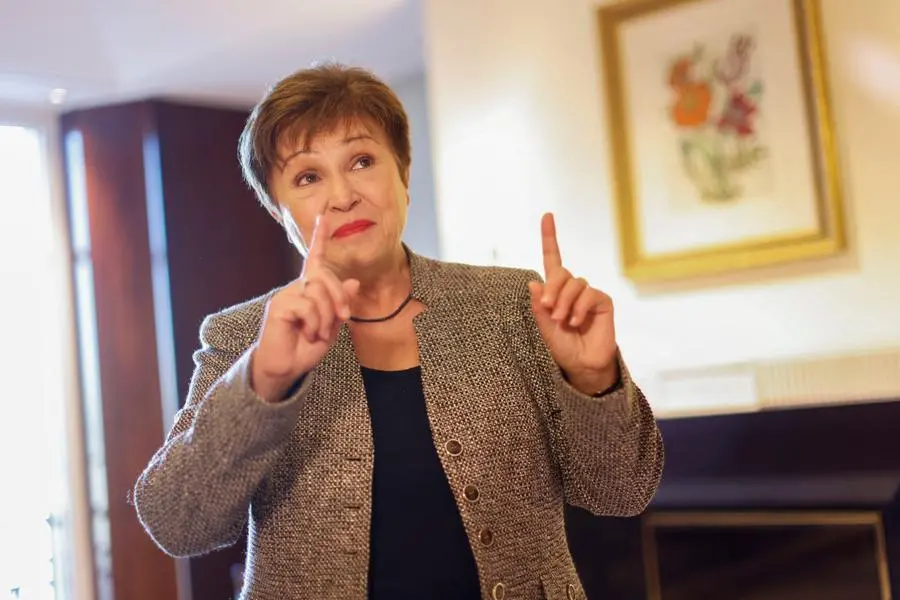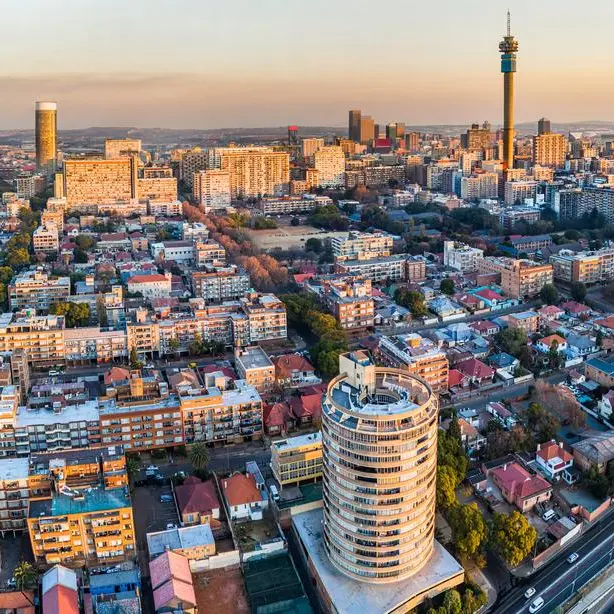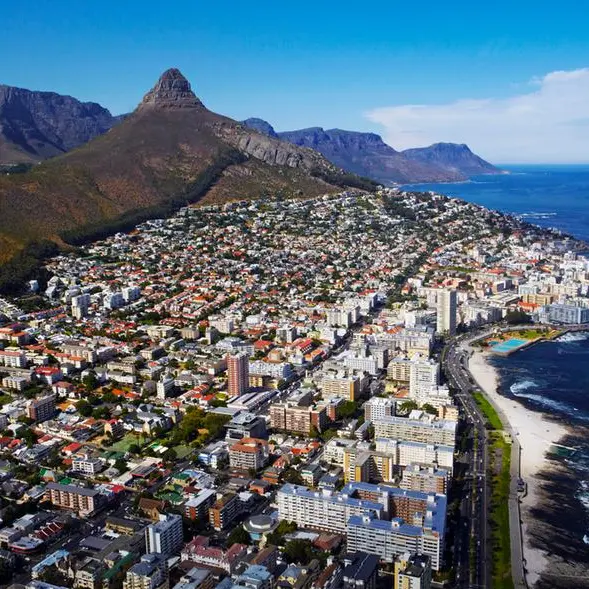PHOTO
International Monetary Fund (IMF) Managing Director Kristalina Georgieva will on Wednesday join a roundtable discussion on climate change financing with East African finance ministers and governors of central banks in Kigali, Rwanda.
Ms Georgieva was expected to arrive in Kigali on Tuesday evening from Zambia.
Her visit to Rwanda comes a few weeks after her board approved $319 million in concessional funding to support climate change mitigation policies under its new policy support instrument under its Resilience and Sustainability Trust (RST) making it the first African country to access the funds.
Support emerging markets
On December 14 during a panel discussion in Washington about RST, Georgieva underscored the need to support emerging markets and developing countries to transition into low-carbon economies and become climate resilient."It's all hands on deck for all of us. It is so critical that we help emerging markets and developing countries to transform to low carbon and climate resilient trajectory. Or otherwise, we are all cooked," Georgieva said during a panel discussion alongside Rwanda’s President Paul Kagame, Barbado’s Mia Amor Mottley, International Finance Corporation Managing Director Makhtar Diop and WTO Director-General Ngozi Okonjo-Iweala.
Officials say the visit is a recognition of Rwanda’s commitment to strengthening its resilience to climate change.
During her trip, Georgieva is expected to showcase Rwanda as a model for other African countries due to its well-advanced climate strategies.“The key objectives for this visit include [to] showcase how the IMF is supporting its members in Africa to build a resilient and inclusive future, with the Rwanda Resilience Sustainability Fund as an example,” reads a brief press statement released by Rwanda’s Ministry of Finance and Economic Planning on Thursday.
The IMF launched RST last year with $20 billion with a target of $40 billion to complement the existing lending toolkit and provide policy support and affordable longer-term financing to low-income and vulnerable middle-income countries to deal with climate change and pandemic preparedness. It also helps to mitigate balance of payments risks.
RSF arrangements have a 20-year maturity and a 10-and-a-half-year grace period during which no principal is repaid. Borrowers pay an affordable interest rate with a modest margin over the three-month special drawing rights (SDR) rate. The minimum duration of an RSF arrangement is 18 months.
Mobilise more resources
While Rwanda has a well-advanced climate strategy, it needs to further strengthen its institutions to deliver and monitor its ambitious climate objectives and to mobilise additional resources, according to the IMF.
The country needs $11 billion by 2030, of which $6.9 billion is conditional on new financing. It amounts to spending 8.8 percent of the country’s GDP each year through 2030.
Recently, on the side-lines of the UN Climate Change Conference (COP27) in Sharm El-Sheikh, Egypt, Rwanda launched a $104 million climate change fund — Ireme Invest — to support the private sector to access green financing.
© Copyright 2022 Nation Media Group. All Rights Reserved. Provided by SyndiGate Media Inc. (Syndigate.info).




















